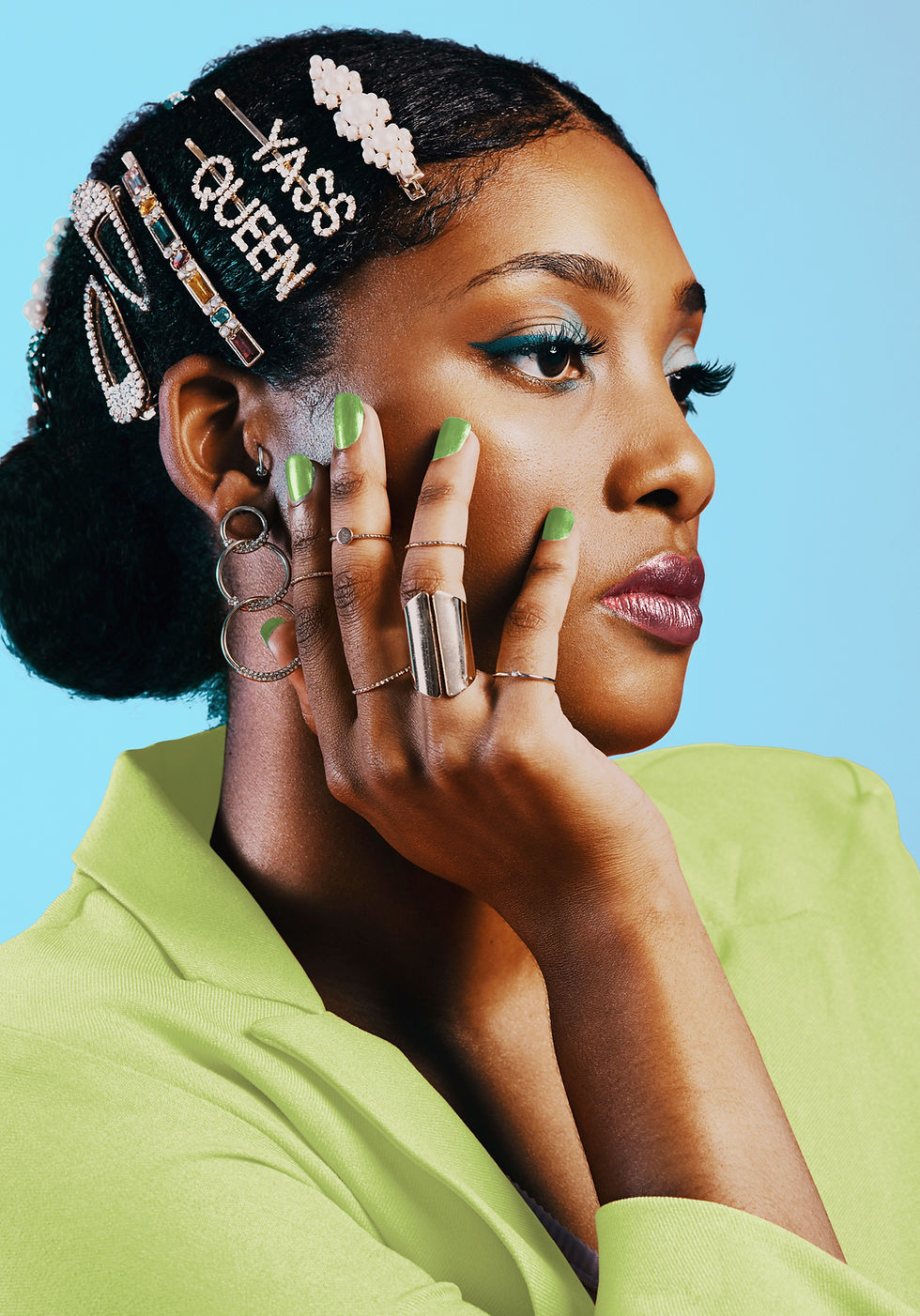Little Green Eyed Monster
- Dr. Ally

- Oct 15, 2018
- 3 min read

Jealousy is an emotional state that very few of us are comfortable admitting we experience. But let's be honest for a moment, we all experience jealousy. Whether with a romantic partner, business rival, or best friend. One thing I like to remind people is that emotions aren't inherently good or bad. They don't hold intrinsic value but the value is placed in their expression. What do you do with your jealousy? Do you work to destroy your rivals, stalk your lover, talk behind people's backs? Or do you use it as an indicator that something isn't quite right in your interpersonal relationship, or maybe you just aren't working as hard as someone else? Emotions are signals that give us information about the world around us and also give the world information about our inner state. Jealousy is no different.
Let's dive into the biology a little because after all, we are a combination of nurture and nature. Dr. Nicole Maninger and her team conducted a study on Coppery titi monkeys (be adult readers!), a species that mates for life, and found that there are a few tell-tale neurological indicators of jealousy. They found that a region of our brains referred to as our limbic system, the emotion center, was implicated. Specifically the posterior cingulate cortex. This brain region is responsible for retrieving emotional memories and can help us tap into feelings of social rejection. When placed in a situation where their partner was in the presence of another male monkey the partner male monkey exhibited an elevation of cortisol and testosterone. Cortisol is a stress hormone which is released during times when your flight or fight response is activated. Testosterone is a hormone excreted by both men and women, to a larger extent in males, and is often associated with aggression and competition, particularly during mating behaviors. So, I guess testosterone is one hell of a drug (my dad always says this...love him).
Another study, by Dr. Yan Sun and his team, identified that romantic jealousy is processed in the basal ganglia (a brain region responsible for movement, reward, and reinforcement) and concluded that there was no one location for this emotion but it is a complex combination of a number of basic emotions; sadness, anger, and shock. It is even linked to a higher likelihood for interpersonal aggression. But we could have predicted that.
there was no one location for this emotion but it is a complex combination of a number of basic emotions; sadness, anger, and shock.
Considering that we can only see the world through our own eyes comparisons become a natural part of understanding society. This obviously leads to wondering why someone else has something that you've always wanted or you feel you may deserve. Why they have more money, more friends, or a slimmer waist. Social media is a perfect playground for your little green monster, it's a place where he or she can really stretch their legs and grow. But at our core, we experience jealousy because we experience desire.
Desire has two basic branches, external desires, and internal desires. A desire for the external can frequently lead to jealousy. A desire for a bigger house, more money, a better car, better friends. It's easier to be jealous of the things we see around us. Whereas it's a little more difficult to be jealous of another person's charitable character, or listening ear. So as we begin to focus more on developing our own character and intrinsic values the more likely we are to let go of our jealousy.




Comments